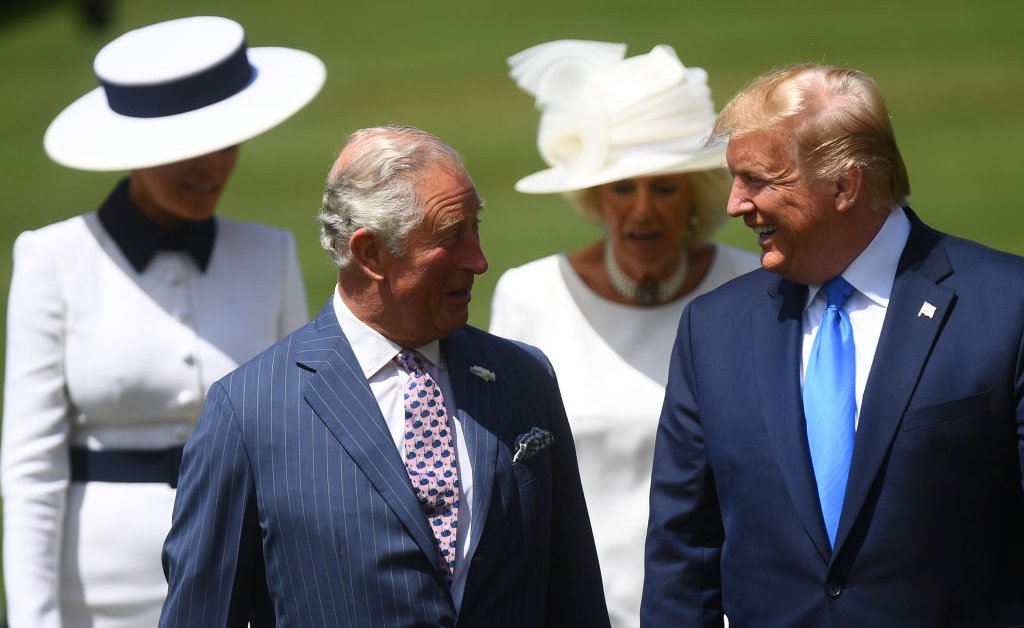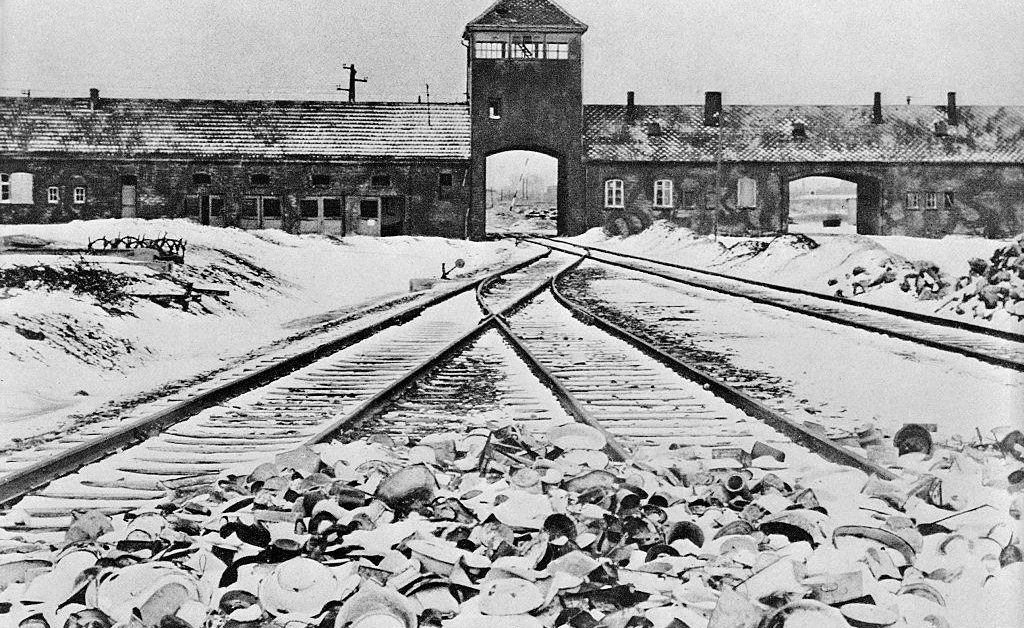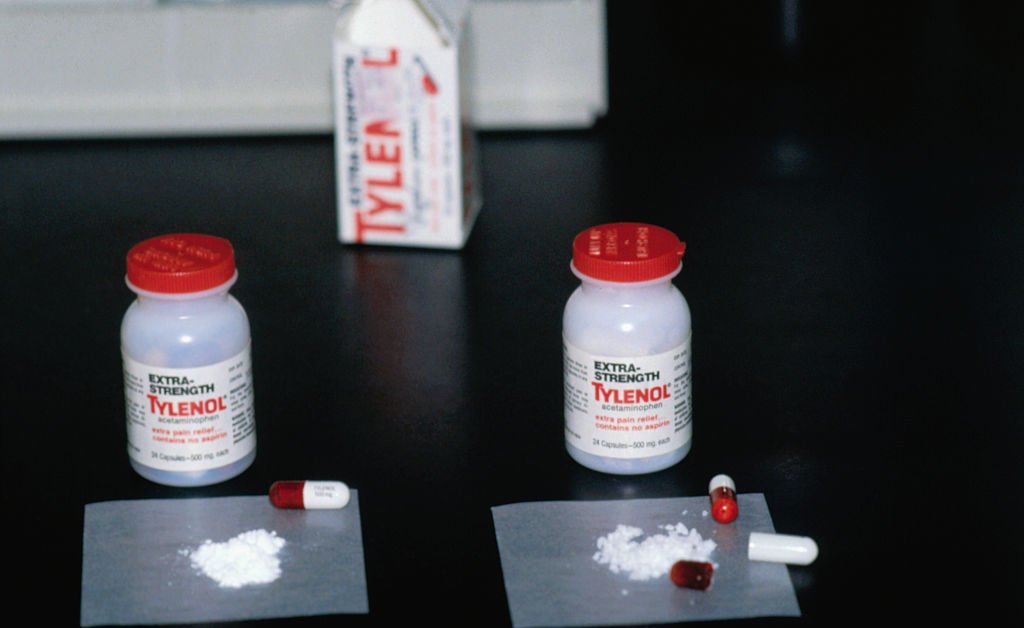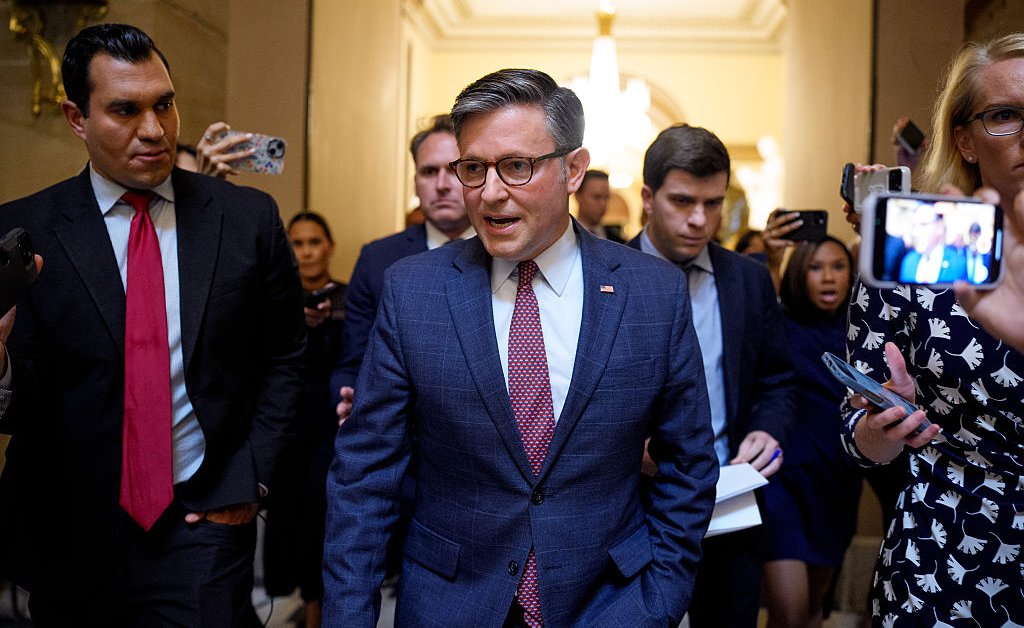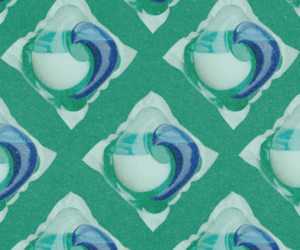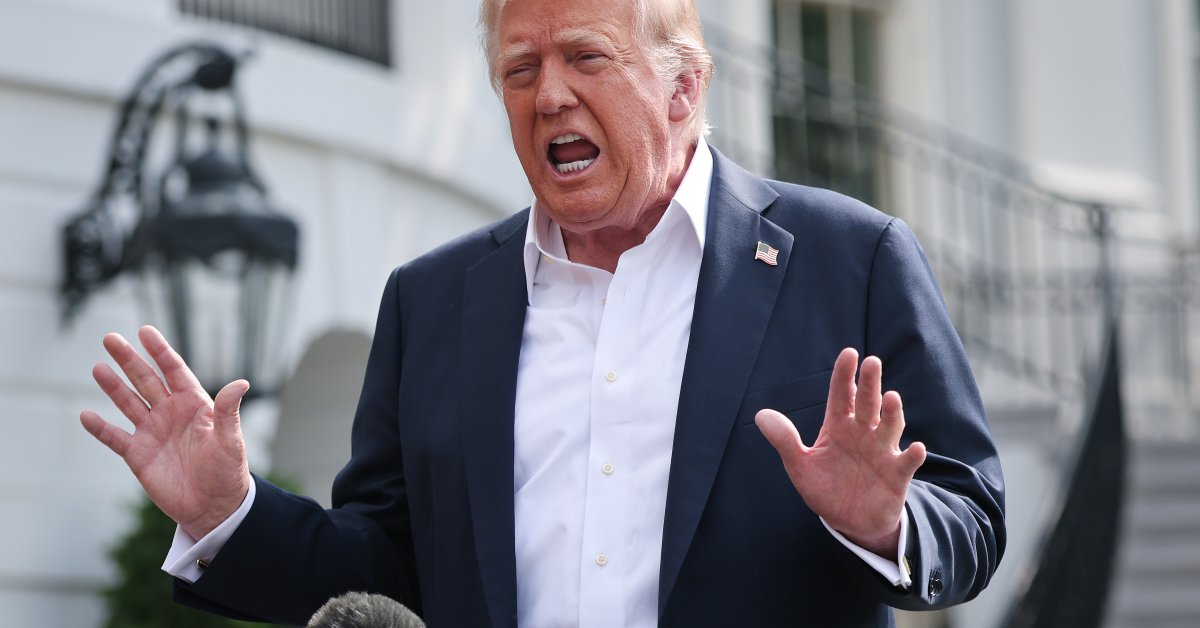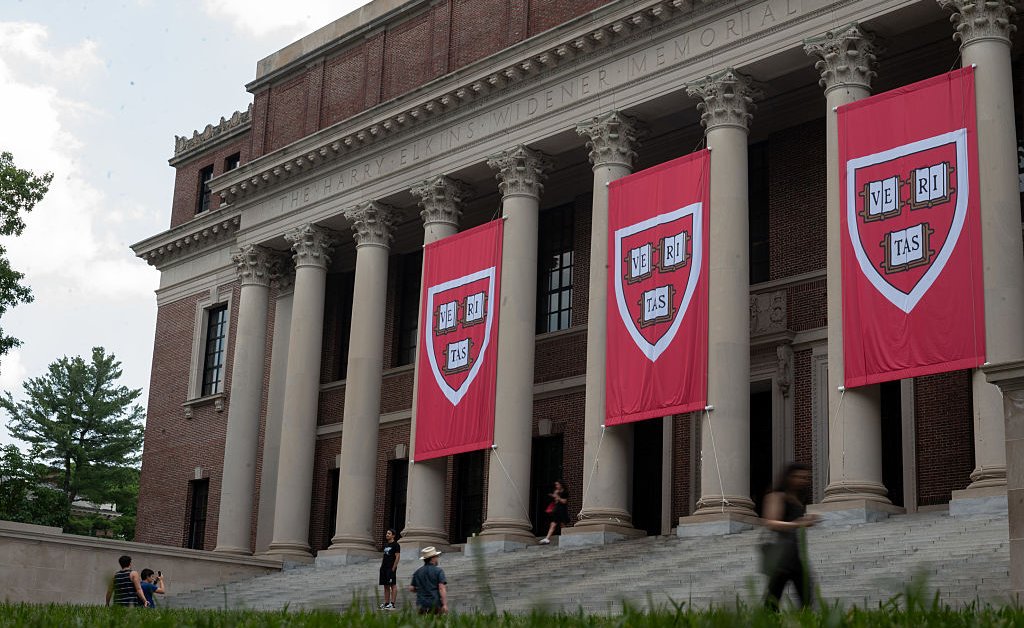“Isn’t it beautiful? He’s a beautiful man, a wonderful man,” Trump told Starmer. “We look forward to being there and honouring the king.”
The plan worked, up to a point, with Britain facing a modest 10% levy. Now the king must play his part. He might, understandably, feel aggrieved that he has essentially been compelled to offer his hospitality to bolster his increasingly unpopular Labour government. But whatever his private feelings, the many decades that Charles has spent as Prince of Wales taught him that the key thing expected on such occasions is being as polite as possible, whether or not he agrees with their political and social stances.
Certainly, there is little in common between the king and the president. Charles is a committed environmentalist, a great lover of art and horticulture, and is known to deny himself lunch. Trump, on the other hand, is an avid fan of fast food and red meat and whose own aesthetic tastes tend toward the bling.
The Prince and Princess of Wales are charged with being the first members of the royal family to greet Trump on Wednesday. He will then pass into Charles’s care, and will enjoy a horse-carriage procession, a lavish state banquet, a military fly-past, and gun salute. Trump will remain with Charles until he departs from Windsor Castle on Thursday morning, headed for Chequers and the business aspects of the state visit—likely trade matters and Ukraine’s defense.
What Charles and Trump will talk about during their time together remains unclear. Trump is an Anglophile of partial British heritage—his mother Mary was born in Scotland—and so his love of the royal family is deep and sincere. The king’s attitude toward the second president of his reign remains harder to judge. Certainly, it was at Charles’s personal behest that he warmly welcomed President Zelensky to a private meeting at his home in Sandringham in March, mere hours after the Ukrainian leader’s disastrous Oval Office meeting. Charles’s actions then were interpreted, probably correctly, as a rebuke to Trump for his ungracious treatment of his guest, and also reminded international onlookers that the king remains the most political of monarchs, unafraid to make his favor—or displeasure—known.
Trump is now 79, to Charles’s 76, and both know what it is to have been world-famous figures for decades before taking up their respective posts. When the king makes his laudatory speech at the ceremonial banquet at Windsor on Wednesday, there will be many tropes that he will have little difficulty in including, such as the lasting strength and importance of the “special relationship,” Trump’s deep affection for the late queen and, of course, the president’s British roots. Yet he may find it harder to delve into other areas. He knows that a thousand journalists will be parsing every line of his speech for any insult offered to Trump—intentional or otherwise—and will be determined not to give them anything to criticize.
The king was recently briefly reunited with his estranged younger son, and the knowledge that no details from that encounter leaked suggests that one long-running royal saga might have an end in sight. Should Trump’s unprecedented second state visit run as smoothly as everyone around the king and the president will be hoping for, there will be enormous relief, and praise for Charles’s diplomatic skills.
Yet both Trump and Charles are powerful men who are used to getting their own way, and even such minor details as who will walk through which door first will be keenly watched by millions. The king knows that his and his family’s worth to their country lies in the soft power that they wield, and the affection that many Americans hold them in. So underneath the smiles and waving, there may well be some frustration and irritation.
But pomp and ceremony is something that Britain does like no one else. And if the spectacle helps keep Trump onside, it will be a royal success.

